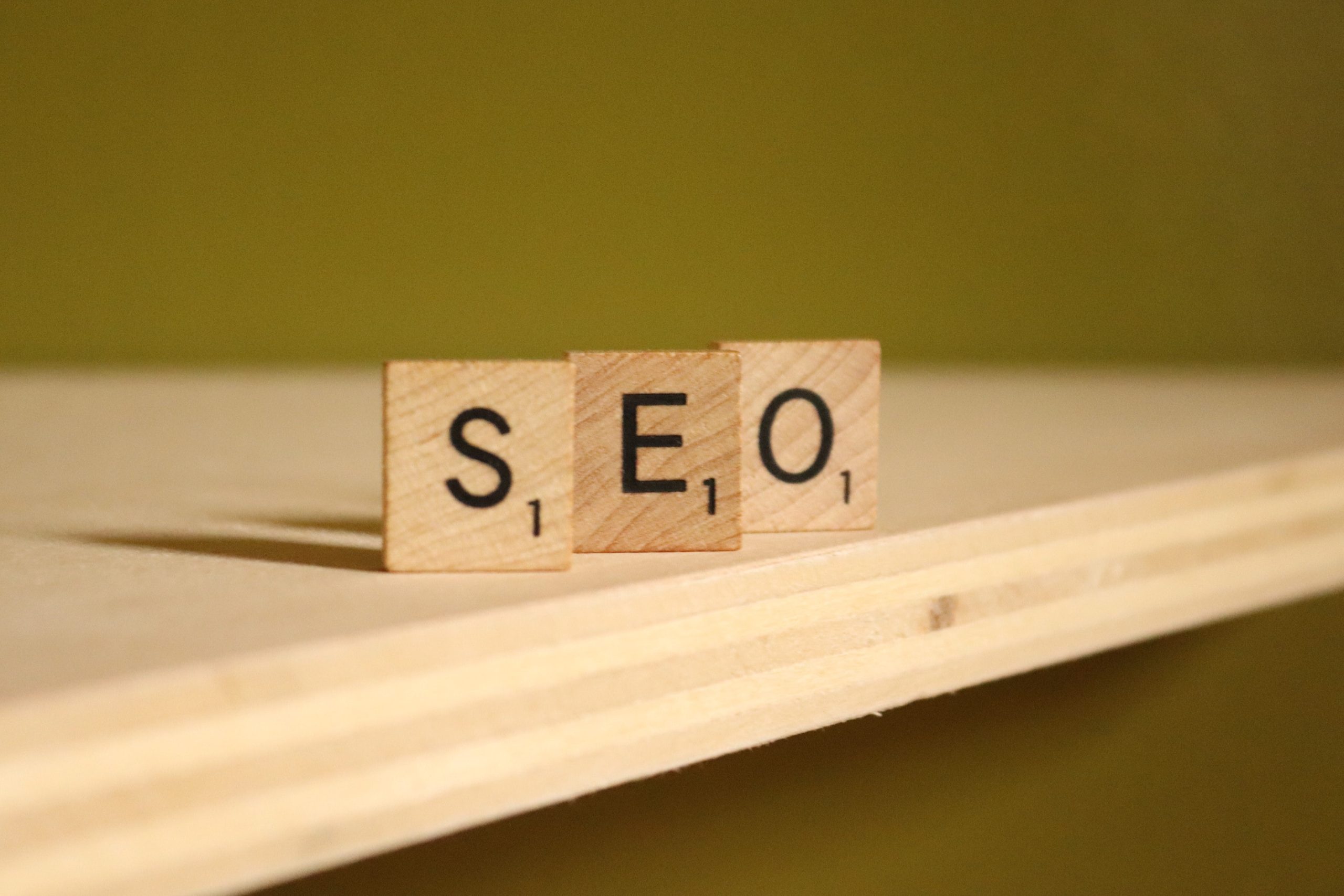On-Page SEO Vs. Off-Page SEO
Everyone wants to be at the top of search engine results. According to a study by Backlinko, “On average, moving up 1 spot in the search results will increase CTR by 2.8%,” so it’s clear that the higher you rank, the easier it is to attract new customers. However, that is much easier said than done and requires a targeted SEO strategy.
Before building your strategy, whether independently or with an SEO expert, it’s important to understand how search engines rank websites. They crawl your site and focus on two main aspects: what’s on your site and how credible your site is.
But what’s the difference between the two? And, which one is more important? Let’s dive in and explore the differences.
On-Page SEO
- On-page SEO is optimizing your website features to improve its search engine ranking. It’s everything you can control and improve on your own site.
This is everything from site hierarchy and navigation to images, metadata and content. These are the elements on your website that help search engines understand what your site is about.
Search engines will analyze your website’s content and determine if it’s relevant to what the searcher is after. The better Google understands your content, the more likely it is to recommend it. Where your page appears in the search engine results pages (SERPs) is significantly influenced by on-page elements.
On-Page SEO Factors
Here’s a breakdown of the on-page factors, and why they are important.
On-Page Content
Content includes the text, images, sounds, videos, and animations that users experience when they navigate to your website.
Quality content engages users, reducing bounce rates and increasing time spent on the page, which signals to search engines that the content is valuable. Website content enables the effective use of relevant keywords, helping search engines understand what a page is about and improving its chances of ranking.
Internal Linking
An internal link connects one page of your website to another. Both users and search engines rely on these links to find and navigate content. If a page doesn’t have any internal links pointing to it, search engines won’t be able to discover it.
Internal links help the searchers navigate your site, gain more value from your content, and stay on your site longer. It also helps to establish your site hierarchy.
HTML Headings
HTML headings are used to differentiate the headings (h1) and sub-headings (h2-h6) of a page from the rest of its content. They help visitors quickly scan a page, and they help search engines understand a page’s structure and what it’s about.
While only a small factor in search engines’ ranking algorithms, content that is well structured with headings including keywords does contribute to improved SEO performance.
Core Web Vitals
Google’s Core Web Vitals is “a set of metrics that measure real-world user experience on your website. It includes three metrics:
1. Loading performance
Load performance refers to the amount of time a webpage takes to load. People are busy and need information fast. Google wants people to be able to find information as quickly as possible and rewards websites that support this by ranking sites that load faster higher.
2. Responsiveness
Responsiveness refers to how quickly a webpage reacts to user interactions, providing visual feedback in the next frame displayed by the browser. This feedback indicates, for example, that an item has been added to a shopping cart, a mobile menu has opened, or a form has been submitted. When users are unclear about their actions on the page, they’ll likely lose trust and navigate away from the website.
3. Visual stability
Visual stability measures how much a webpage’s content unexpectedly shifts as it loads. For example, imagine you’re reading an article, and the text suddenly shifts down because an image loads above it, or you’re about to click a button that moves, causing you to click something else by mistake. When visual stability is poor, it results in a frustrating user experience.
Meta Titles
Title tags, also known as meta titles, are the titles assigned to a webpage that appear in search engine results pages (SERPs) and browser tabs. They provide users and search engines with a brief overview of the page’s content.
Google has declared this a ranking factor, as it is one of the ways they determine what your page is about. A well-crafted title tag that includes your target keywords and accurately describes what is on the page will help your web page rank for those specific terms.
Meta Descriptions
Meta descriptions are the summaries of your page that appear in SERPs beneath the meta title. They help searchers decide if your page has the information they’re looking for.
Although meta descriptions are not a direct ranking factor, they still appear in search results, and an engaging meta description can boost click-through rates, improving your website’s visibility on SERPs.
Off-Page SEO
- Off-page SEO involves optimizing your website’s online presence without making changes to the website itself.
It includes ‘off-page’ efforts that build authority and credibility, helping to improve your search engine rankings.
Off-Page SEO Factors
Here’s a breakdown of the off-page SEO factors, and why they are important.
Backlinks
Backlinks are built when one website links to another website.
When other websites reference or link to your content, it acts as a vote of confidence, signalling to search engines that your content is valuable and trustworthy. Search engines then use these signals to assess a site’s credibility, especially when coming from other reputable sites. The more high-quality backlinks you have, the more likely search engines are to view your content as authoritative, leading to higher rankings in search results.
Local SEO
Local SEO focuses on boosting your search visibility for queries with the intent of finding businesses in a specific area, such as “best coffee shop near me” or “veterinary Toronto.”
With 46% of all Google searches having local intent, it’s crucial for businesses that sell to a local market or have a physical storefront to improve their position in the SERPs. By using tools like Google My Business, businesses can add their shop locations, showcase reviews, and highlight key products or services. When someone uses a query with clear local intent—such as including a city, neighbourhood, or “near me”—your listing has the opportunity to appear in both the organic search results and the map results.
Find SEO Balance With Method and Metric
On-page and off-page tactics work together in a complementary fashion to improve search visibility. For your off-page tactics to work, you need to have a solid strategy for your on-page SEO.
Improving organic search performance isn’t just about choosing between on-page and off-page SEO; it’s about striking the right balance between the two. The most effective SEO strategies encompass both approaches. If you’re unsure where to begin, we’re here to help! Get in touch today to learn more about our free SEO audit.




